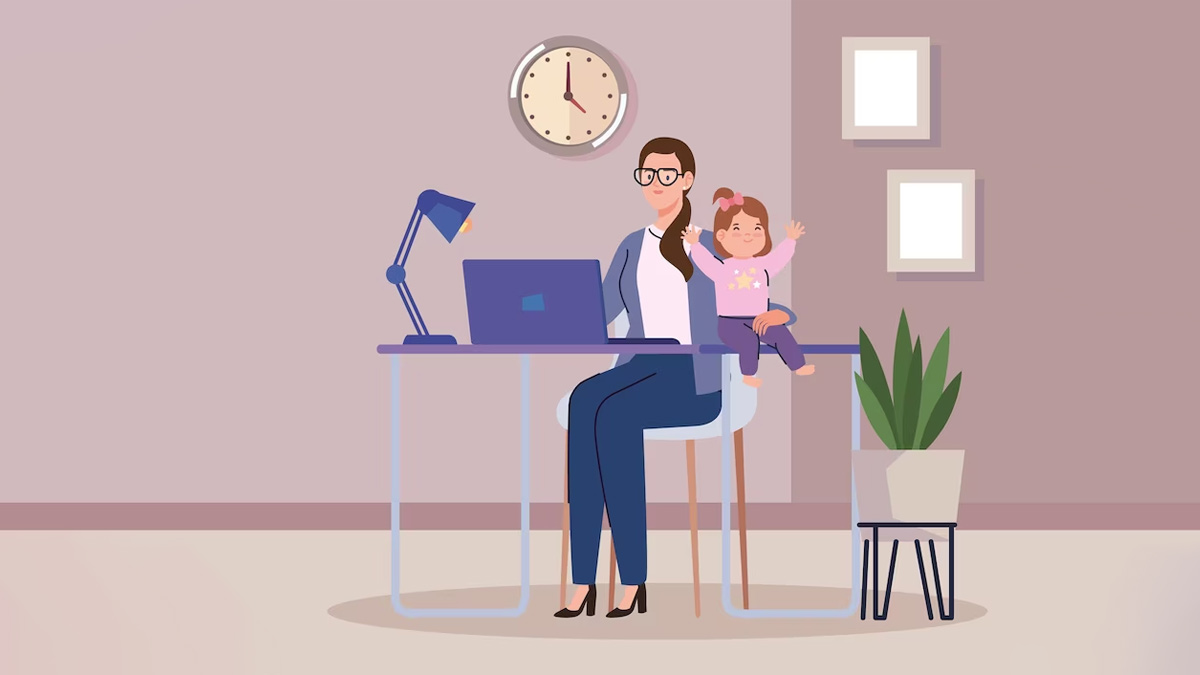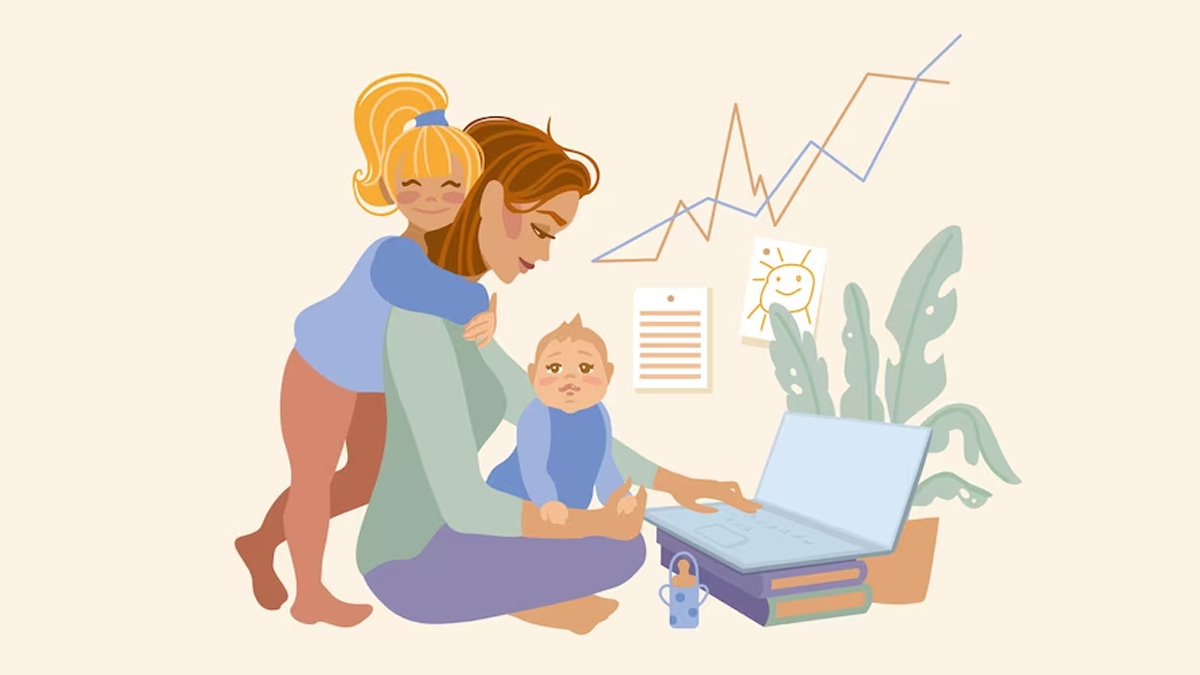
On April 13, the Bombay High Court accepted the plea of a working woman to adopt a child. The bench comprising Justice Gauri Godse called the rejection of her application by the Bhusawal District Judge, “unfounded, illegal, perverse, unjust and unacceptable.”
The 47-year-old divorced woman wanted to adopt her sister’s kid. However, the district judge denied her application saying, “Being a working lady… she will not give personal attention to the child.”
Godse also observed that the Juvenile Justice (Care and Protection of Children) Act recognises single parents as an adopter. She noted, “The comparison done by the (district) court reflects a mindset of the mediaeval conservative concepts of a family.”
She emphasised that the previous judge assumed that the biological mother was a housewife and assumed that all biological parents are capable of taking care of and raising kids.
The previous decision was biassed towards single and working women in India. It reflected the age-old concept that a child must be raised a married couple only.
This was, however, not the first time that a single and working woman approached with an appeal to adopt a child. There have been many such battles fought in courts.
Actor Sushmita Sen had accepted in an old interview that she fought a battle in the court to adopt her second daughter Alisah because she was told that she could not adopt another girl child after the first one. When she adopted Renee, people criticised her for embracing motherhood out of wedlock.
We spoke to Advocate Nitin Yadav, the practising lawyer at the Delhi High Court, to understand the eligibility criteria for adoption in India.

There are two laws that govern adoption in India - the Juvenile Act of 2015 and the Hindu Adoption and Maintenance Act of 1956 (HAMA). Both have their separate eligibility criteria.
Eligibility under the Hindu Adoption and Maintenance Act of 1956
This law mentions separate eligibility criteria for a single man or woman who wants to adopt a child. In any case, no person except the biological father or mother or both can give up the child in adoption. Only in the case where parents are not around that a legal guardian can give the kid up for adoption.
Don't Miss: Being A Brown Daughter: How I Was Taught To Cook While Growing Up
Eligibility criteria under the Juvenile Act of 2015 (Register on Central Adoption Resource Authority (CARA))

Don't Miss: Decoding The Curious Case Of Shaming Women For Their Clothing Choices

The adoption process in India is ardent and has many challenges. According to a report published in the Hindu, in January 2023, there were more than 31,000 applicants for 2,188 children available in the adoption pool.
There is a long waiting period involved, and the loopholes allow traffickers to take advantage of the system. When amendments were made to the Juvenile Act in 2016, District Magistrates (DMs) were given the authority to give orders on adoption instead of following long procedures in courts.
If you are someone looking to adopt, visit the official website of the Central Adoption Resource Authority (CARA) to get in-depth information. Stay tuned to HerZindagi for more.
Also watch this video
Herzindagi video
Our aim is to provide accurate, safe and expert verified information through our articles and social media handles. The remedies, advice and tips mentioned here are for general information only. Please consult your expert before trying any kind of health, beauty, life hacks or astrology related tips. For any feedback or complaint, contact us at [email protected].